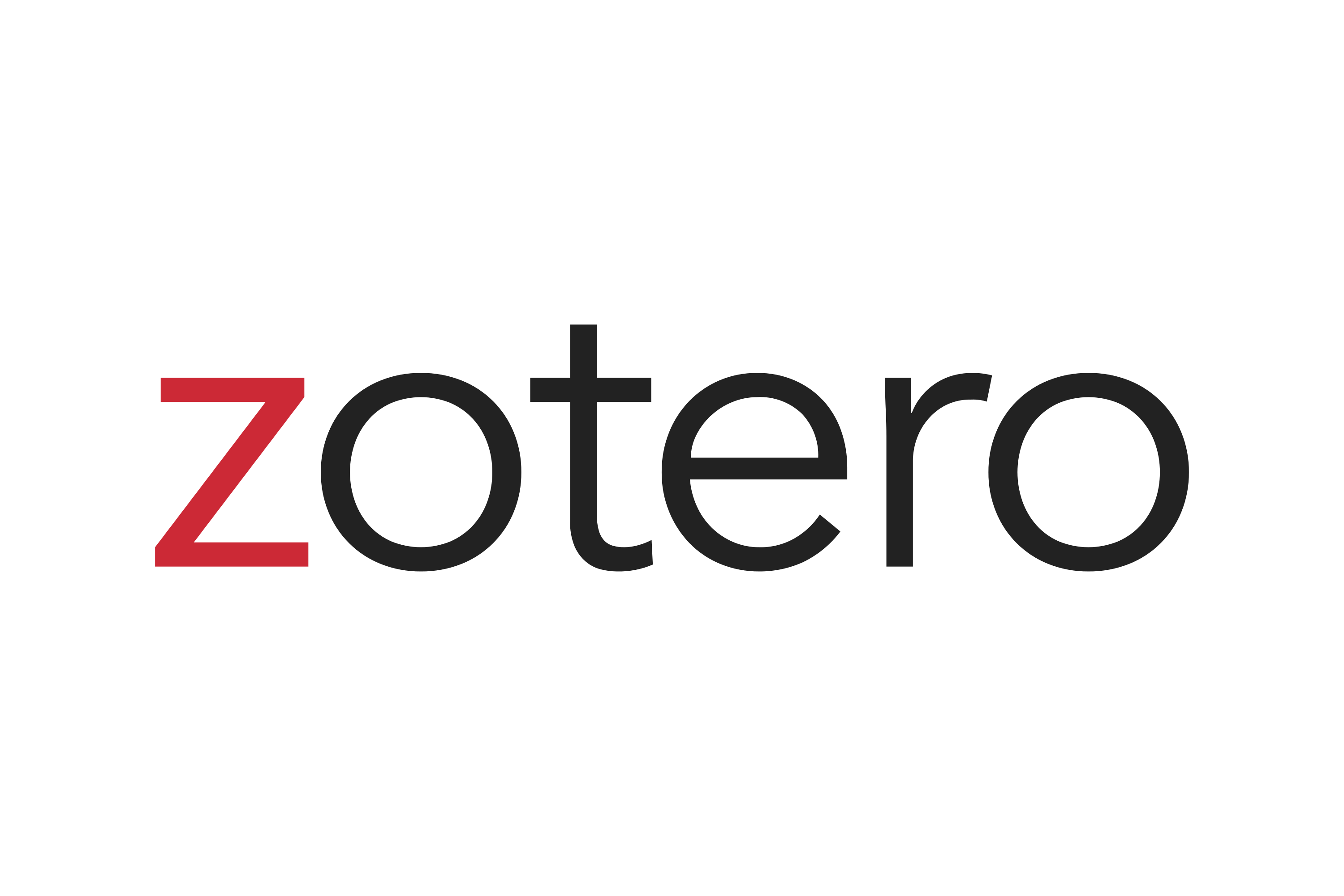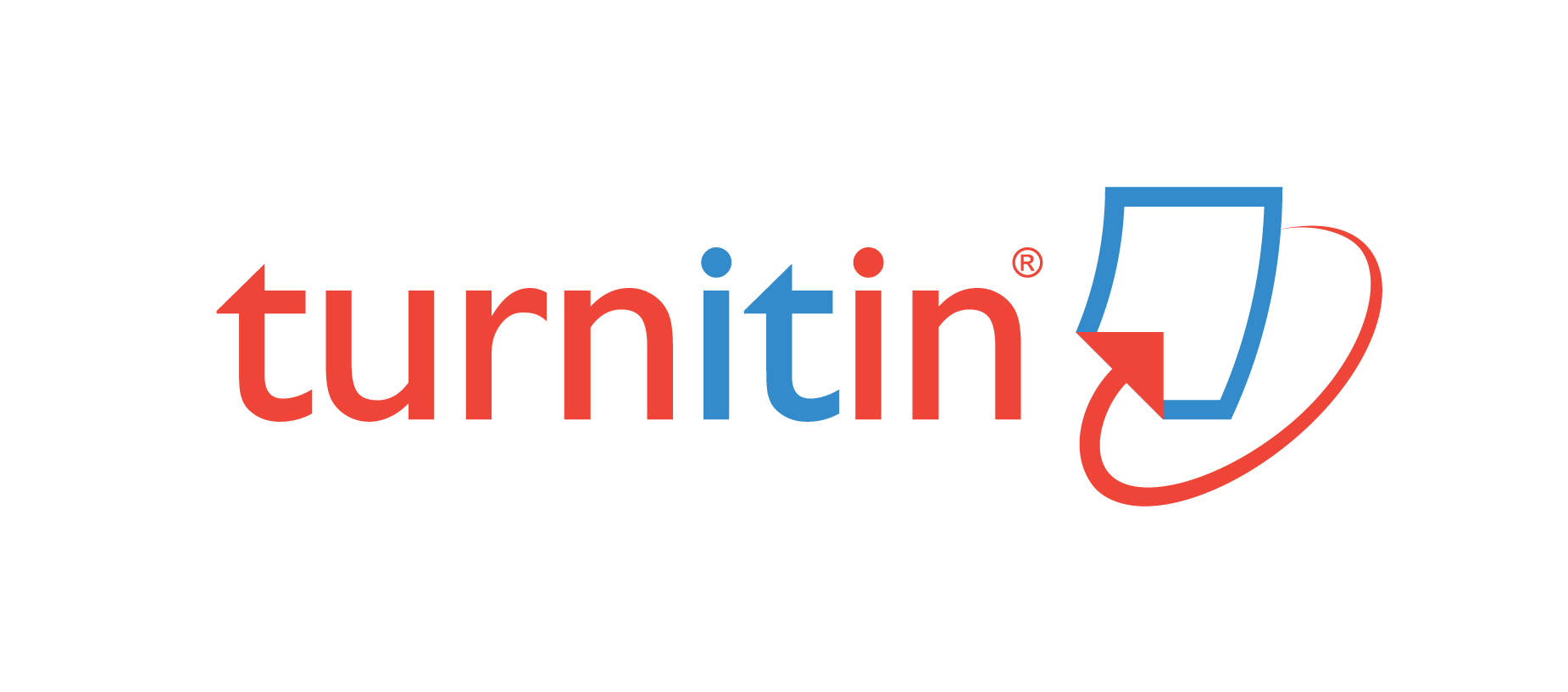I’RĀB AL-QUR’AN DAN URGENSINYA TERHADAP PENENTUAN HUKUM FIQH
DOI:
https://doi.org/10.32678/alfath.v16i2.9665Keywords:
I'rāb, hukum, fiqhAbstract
The Qur'an was revealed in Arabic. It is undeniable that Arabic has a function to clarify a meaning. While the way to get it is by using i'rab. Therefore, i'rāb has a relationship with Islamic sciences such as Tafsir, Qira'at, and Fiqh. In fiqh, there are many laws that are still being debated by 'Ulama because of differences in i'rab. This study examines the effect of differences in i'rāb on istinbath (excavation) of fiqh laws from verses of the Qur'an.
The certainty that the difference in i'rāb is based on the meaning contained in the science of Nahwu. If they have different opinions in determining the topic of sentences contained in the verses of the Qur'an, absolutely these differences can affect our understanding and we can be sure that the meaning resulting from each opinion will be different from the others. In this case, the researcher discusses the differences in legal verses that sometimes affect fiqh laws determined by experts, as well as some of the factors behind differences in determining fiqh laws which are also related to differences in i'rāb itself.
Downloads
References
Ādil, Abū Hafsh Sirāj Al-Din, Al-Lubab fi ‘Ulūm Al-Kitab. Bairut: Dār Al-Kutub Al-‘Ilmiyyah, 1998.
Al-‘Aisāwī, Yusuf Ibn Khalaf. ‘llm I’rāb Al-Qur’ān Ta’shil wa Bayān. Dār Al-Fikr, 1997.
Al-Akhfasy, Abu Hassan. Ma’āni Al-Qur’an, Tahqiq: Hudā Mahmūd Qarā’ah. Kairo: Maktabah al-Kanji, 1990.
Al-Anbārī. Abu Al-Barakāt. Al-Bayān fi I’rāb Gharīb Al-Qur’an. Al-Hai’ah Al-Mishriyyah Al-‘Ammāh li Al-Kitab, 1980.
Al-Andalusi, Abu Hayyān. Al-Bahr Al-Muhīth. Kairo: Dār Al-Kitab Al-Islami, 1992.
Al-Ansori, Ibn Hisyām. Mughni Al-Labīb ‘an Kutub Al-’arīb. Bairūt:Dār Al-Fikr, 1998.
Al-Jasās, Abū Bakar Ahkam Al-Qur’an. Tahqiq: Muhammad Shadiq Qamhawi. Bairut: Dar Ihya’ Al-Turas Al-‘Arabi, 1983.
Al-Khuli, Amin dan Nashr Abu Zayd. Metode Tafsir Sastra. Yogyakarta: Adab Press, 2004.
Al-Maki, Ibn ‘Uqailah. Al-Ziyādah wa Al-Ihsān fi ‘Ulūm Al-Qur’ān. Markaz: Dirāsat Al-Qur’aniyyah, 2006.
Al-Qaysiy, Makky Ibn Thalib. Musykīl I’rāb Al-Qur’ān. Bairut: Muassasah Al-Risālah,1983.
Al-Zarkasyiy, Badruddin Muhammad bin ‘Abdullah. Al-Burhān fi ‘Ulūm Al-Qur’ān. Kairo: Dār Al-Turash,1984.
Faidullah, Ali Zadah. Fathur Rahman li Thalibi Ayatil-Qur'an. Bandung: CV. Penerbit Diponegoro.
Ibn Hazm, Abū Muhammad. Al-Iḥkām fī Uṣūl Al-Aḥkām. Bairūt: Dār Al-āfāq Al-Jadīdah n.d.
Ibn Katsir, Tafsīr Al-Qur’an Al-‘Adzīm. Jeddah: Maktabah Jeddah.
Izzan, Ahmad. Metodologi Ilmu Tafsir. Bandung: Tafakur, 2011.
Kaltsum, Lilik Ummi dan Abd. Moqsith, Tafsir Ayat-Ayat Ahkam. Ciputat: UIN Press, 2015.
Manna’ Al-Qathān. Mabahish fy ‘Ulūm Al-Qur’ān. Kairo: Maktabah Wihbah, 2000.
Al-Sābūnī, Muḥammad ‘Alī. Rawaī’ul Bayān Tafsīr Ayāt Al-Ahkām min Al-Qur’ān. Jakarta : Dār Al-Kutub Al-Islāmiyyah, 2001.
Downloads
Published
How to Cite
Issue
Section
License
Copyright (c) 2023 q

This work is licensed under a Creative Commons Attribution-ShareAlike 4.0 International License.
Copyright Notice

Al-Fath: http://jurnal.uinbanten.ac.id/ is licensed under a Creative Commons Attribution-ShareAlike 4.0 International License
An author who publishes in Al-Fath agrees to the following terms:
- Author retains the copyright and grants the journal the right of first publication of the work simultaneously licensed under the Creative Commons Attribution-ShareAlike 4.0 License that allows others to share the work with an acknowledgment of the work's authorship and initial publication in this journal
- Author is able to enter into separate, additional contractual arrangements for the non-exclusive distribution of the journal's published version of the work (e.g., post it to an institutional repository or publish it in a book) with the acknowledgment of its initial publication in this journal.
- Author is permitted and encouraged to post his/her work online (e.g., in institutional repositories or on their website) prior to and during the submission process, as it can lead to productive exchanges, as well as earlier and greater citation of the published work (See The Effect of Open Access).
Privacy Statement
The names and email addresses entered in this journal site will be used exclusively for the stated purposes of this journal and will not be made available for any other purpose or to any other party.










